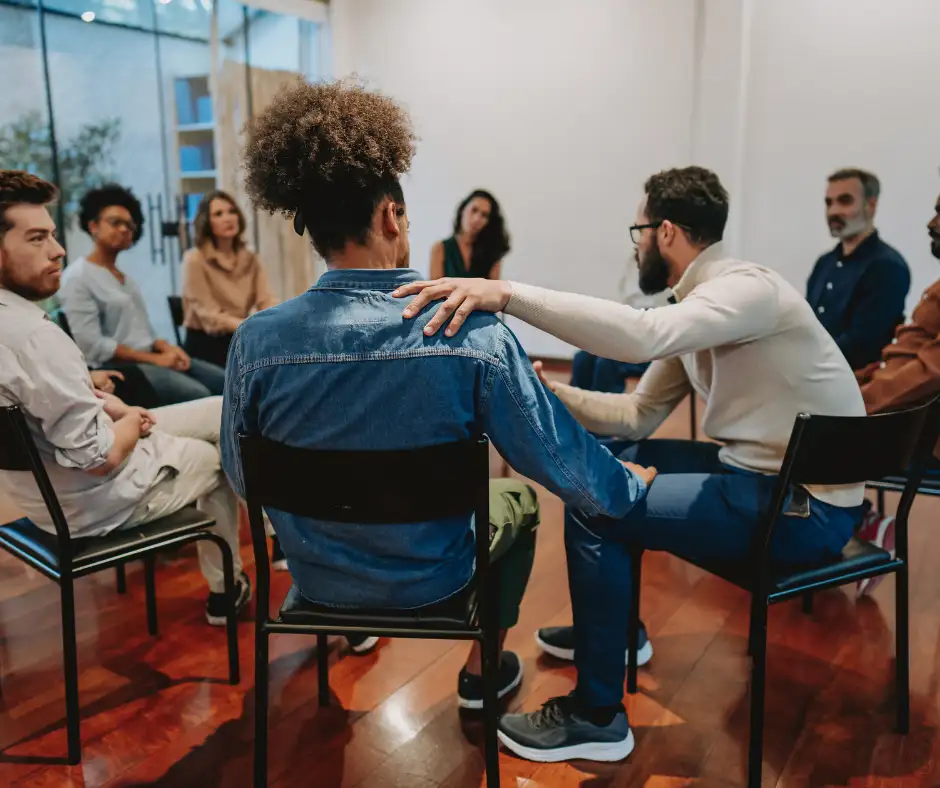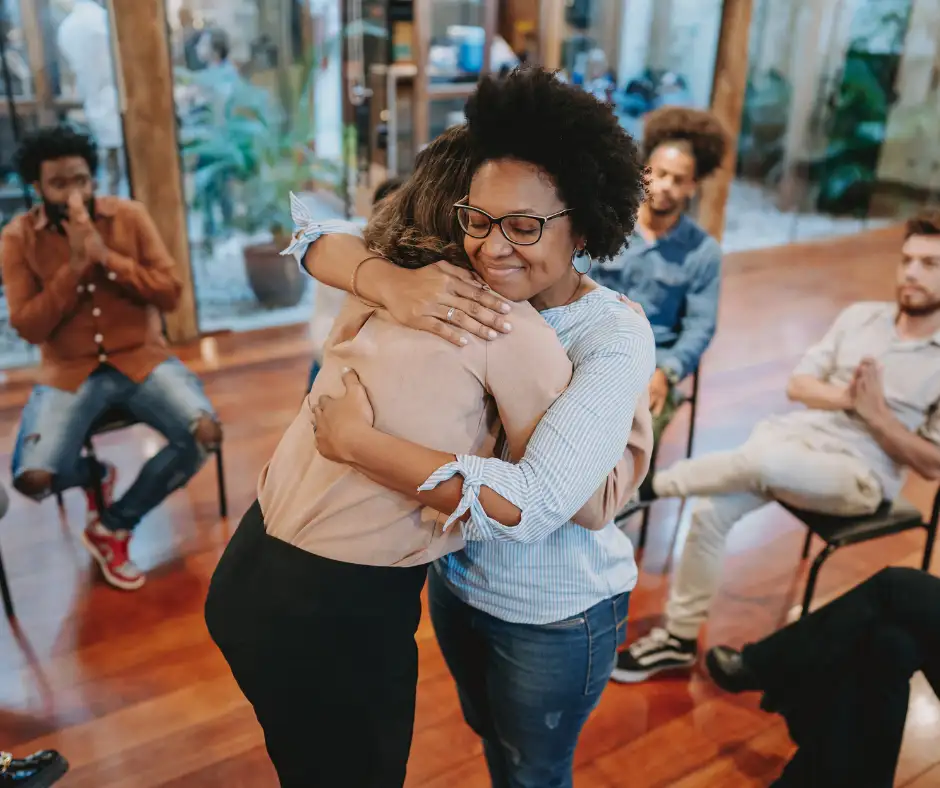At The Landing, we know that healing is not one-size-fits-all. Survivors of human trafficking come from diverse racial, cultural, linguistic, and religious backgrounds—and their care should reflect that reality.
Cultural competency is more than just awareness. It’s about creating spaces where every survivor feels safe, respected, and understood—no matter their identity, language, or lived experience. It’s about seeing the whole person and honoring what makes them unique.
Why Cultural Competency Matters in Survivor Care
Survivors often face multiple layers of trauma—not only from their exploitation but from systemic barriers, discrimination, and cultural misunderstandings.
For survivors of color, immigrants, LGBTQ+ youth, and those with limited English proficiency, these barriers can intensify the fear of seeking help or worsen feelings of isolation and shame.
Without culturally competent care, survivors may:
- Be misunderstood or misdiagnosed
- Avoid asking for help altogether
- Be retraumatized by language or assumptions
- Feel like services “aren’t for people like me”
That’s why cultural competency isn’t optional. It’s essential to trauma-informed, survivor-centered care.
How The Landing Puts Cultural Competency Into Practice
At The Landing, we’re intentional about creating an environment where every survivor can feel seen and safe. Here’s how we do that:
1. Representation on Our Team
We know that survivors are more likely to engage in services when they see people who reflect their culture, language, and background. We actively work to hire and retain diverse staff and advocates who bring lived experience, cultural knowledge, and language skills to their roles.
2. Language Access
No one should have to navigate recovery alone—or in a language they don’t fully understand. We offer:
- Bilingual staff and advocates
- Access to interpretation services
- Translated materials for key resources and services
This ensures that survivors can communicate their needs, ask questions, and make informed decisions in a language they trust.
3. Active Listening & Individualized Support
We don’t assume. We ask. Our team is trained to listen with empathy and curiosity—allowing survivors to define their needs, boundaries, and cultural values in their own words.
We honor things like:
- Religious practices and holidays
- Family dynamics and support networks
- Preferred names, pronouns, and identity language
- Community-specific stigma or safety concerns
4. Ongoing Training & Reflection
Cultural competency isn’t a checkbox—it’s an ongoing journey. Our staff participates in regular training and dialogue to deepen understanding, unlearn bias, and continually grow in how we serve survivors from all backgrounds.
What You Can Do to Promote Culturally Competent Care
- Educate yourself about cultural humility and unconscious bias
- Advocate for inclusive policies and diverse representation in your workplace or community
- Support organizations like The Landing that prioritize equity and access
- Listen to survivors with openness and without assumptions
👉 Learn more about our mission and how to support
Every Survivor Deserves to Be Seen, Heard, and Honored
Trauma-informed care must be culturally informed care. By centering cultural competency in everything we do, we’re helping survivors not only feel safe—but truly belong.
At The Landing, we remain committed to meeting every survivor with dignity, respect, and the individualized support they deserve. Because healing begins when people feel seen.


